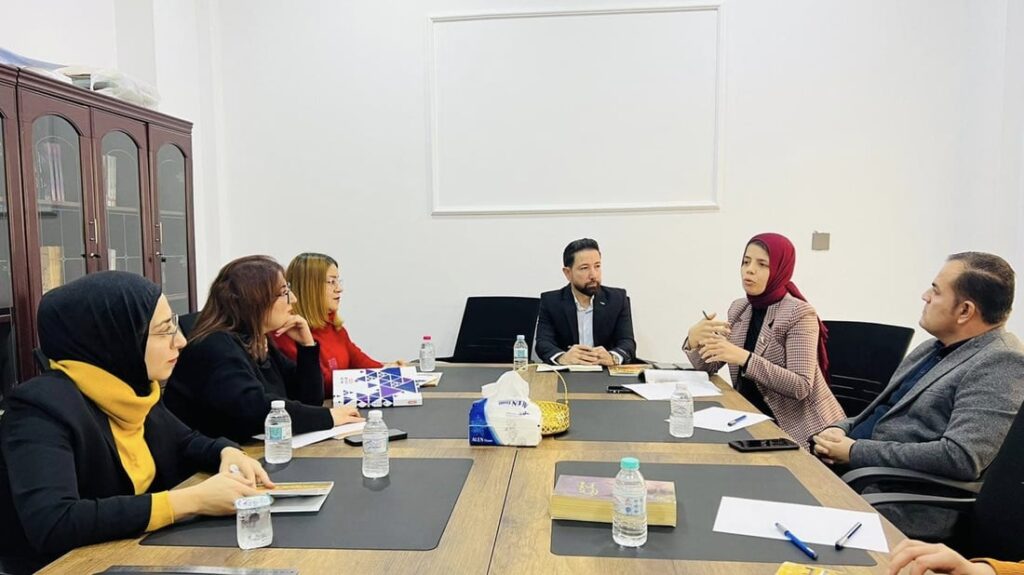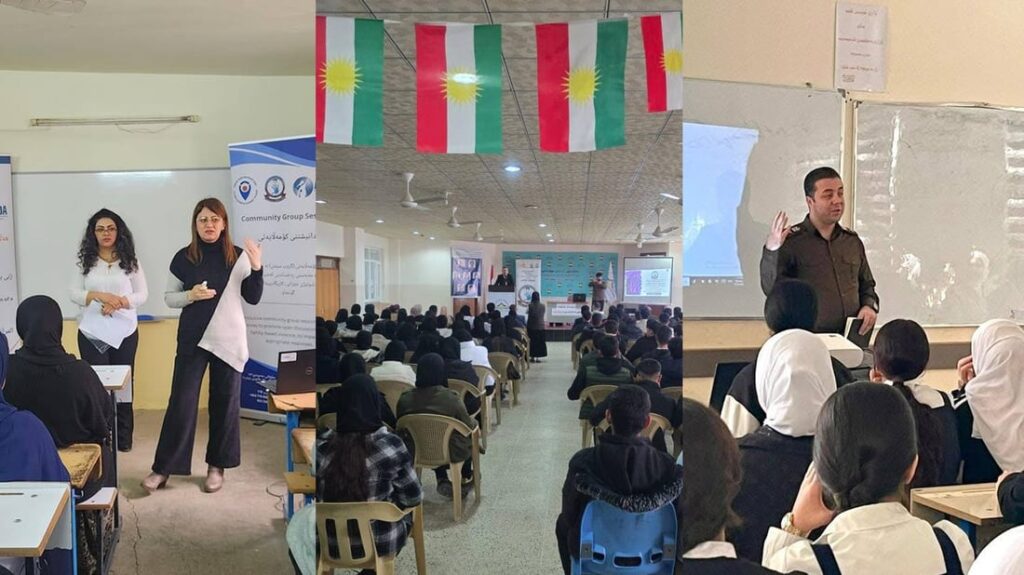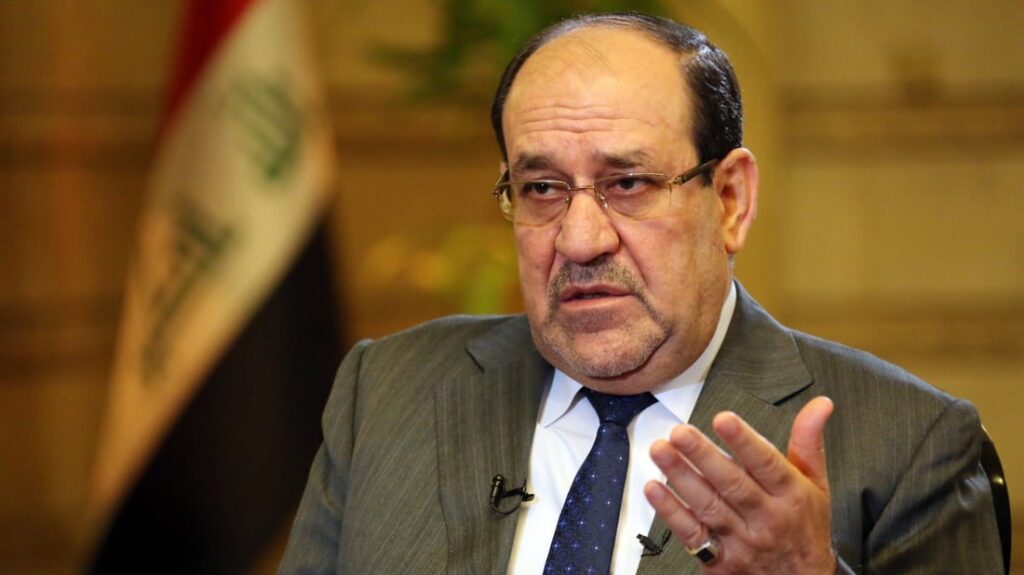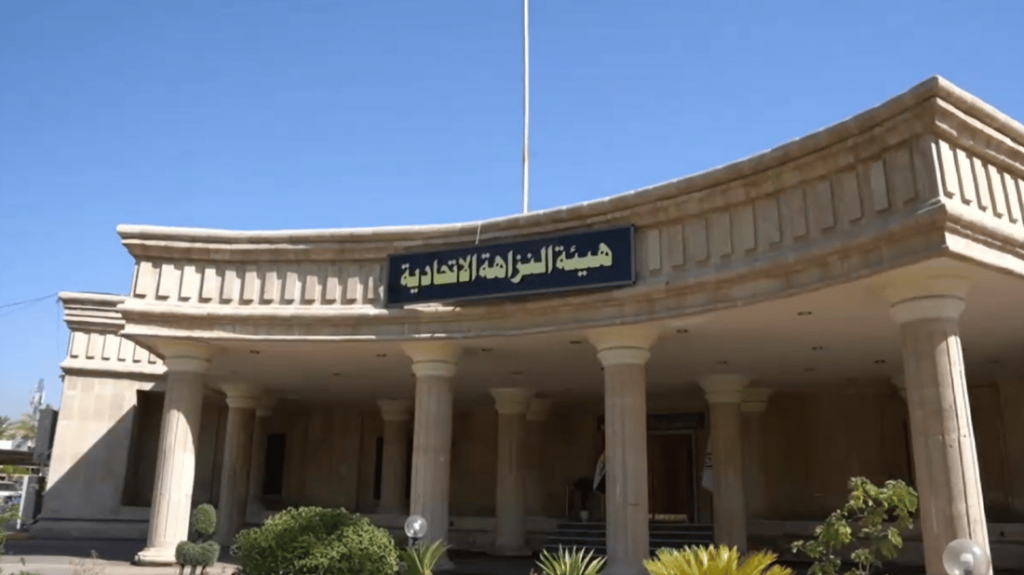Greece: Theirworld delivers hope to children stuck in squalid refugee camps on Greek islands

Partners in a project to provide education for 5,500 young people went to Greece, where they saw overcrowded conditions and children desperate to learn.
Conditions for children stranded in reception camps on Greece's Aegean islands are absolutely appalling.
Youngsters who fled from conflicts and discrimination in their home countries live in squalor and spend their days lining up for food and trying to protect themselves from dangers such as snakes and sexual predators.
All they really want is to feel safe and go to school with their friends. But there is little access to education on the islands, where the hundreds of unaccompanied minors and children with families can be stuck for up to year while the Greek authorities process their asylum applications.
Now, however, there is hope on the horizon. About 5,500 of the refugee children will soon be in classrooms thanks to a Theirworld project.
Theirworld went to the islands of Kos and Lesvos to see the reception centres and talk to local partners about providing crucial non-formal education while children wait to move to the mainland.
The conditions for these children on the islands are terrible," said Theirworld President Justin van Fleet. "I have never seen anything like it. I was shocked. And the situation is not improving - it's just getting worse.
"When you see the children who are in the education centres, their eyes light up. They are eager to learn. And then they have to go back to these camps - it's awful.
"What's happening there is an injustice and we have to #WriteTheWrong for these children."
Theirworld's #WriteThe Wrong campaign is about raising awareness of the global education crisis and calling for greater funding to get millions of children into school
The Theirworld project on the Greek islands is being funded through Education Cannot Wait - the global fund for education in emergencies - thanks to the generosity of players of the Dutch Postcode Lottery, which provided $2.8 million. The project will be co-ordinated by the United Nations refugee agency UNHCRand implemented by local partners.
The need for action is urgent. There are nearly 27,000 refugees and asylum-seekers on the Greek islands, whose beaches are crammed with tourists. Over a third of those who arrived last year were under 18 and most came from war-torn Afghanistan, Syria and Iraq.
On just two days last week, another 694 people arrived on the shores of Lesvos, Samos and Chio. Lesvos has received most of the new arrivals - over 2,400 since the start of the month, swelling the numbers at the Moria reception centre to well over 10,700. That's four times its capacity.
Less than 15% of the foreign children on the islands are receiving any education. The Theirworld project will double that capacity very quickly and the aim is to scale up to reach 80%.
When the children's asylum applications are approved by the authorities, they are moved to the mainland of Greece, where they go into the state school system.
The education centres on the island are informal. They concentrate on teaching the Greek language and providing psychosocial support to traumatised children. This helps them to integrate when they go into schools on the mainland.
"Without the Theirworld project, there would be no funding for education," said van Fleet. We are able to provide this and will get the education centres running to capacity. But even that won't accommodate all the children - far from it.
"There is a huge proportion of unaccompanied minors. In one part of the camp we went to, a lot of young boys were shouting 'We're not animals, get us out of here.' It's heartbreaking to see."
The Theirworld project is being funded through Education Wait (ECW), whose Director Yasmine Sherif was on the trip to the Greek islands earlier this month.
The #WriteTheWrong campaign is calling for ECW to receive the $1.8 billion of funding it needs by by 2021 to reach nine million children and youth living in crises and displacement in 25 priority countries. Since it was launched, the fund has mobilised $460 million to support children and youth in 29 countries.
Sherif said: “First, the wars in Afghanistan, the Middle East and Africa - along with abject poverty - constitute the root cause for these large refugee and migrant flows to Europe and, in this case, Greece. They did not ask for these wars as an excuse to leave their homes. They are fleeing their homes in search of protection, stability, safety and survival.
"Second, we have a humanitarian imperative to help people in need where a government is either unable or unwilling to provide for them. The humanitarian imperative is grounded in international law.
"While Greece is a willing country, their systems are simply not prepared to deal with the sheer numbers in a speedy way. Status determination of asylum seekers and transfer to the mainland can take up to a year.
"As a result, the reception centres are overcrowded and living conditions extremely poor. Children and youth spend their days lining up for food, protecting themselves from physical threats - especially girls who are particularly exposed in these crowded centres, rather than going to school and learning.
"Their identity is gradually erased. Nothing can be worse for a child or adolescent during those crucial years.
"Education Cannot Wait was able to identify a solution. Thanks to Theirworld and the Dutch Postcode Lottery, who provided earmarked funding amounting to $2.8 million for UNHCR and UNICEF, thousands of children will now have a chance to attend non-formal learning centres in a protective learning environment during the time that they remain on the islands and awaiting their asylum procedures.
"It gives them a chance to rediscover their worth as human beings, reclaim their identity and better prepared for the next step and their life overall. We are grateful to Theirworld and the Dutch Postcode Lottery for making the seemingly impossible possible.”
Also on the trip to the Greek islands to see the reception camps and education centres was Annemiek Hoogenboom, Country Director Great Britain of the People's Postcode Lottery.
She said: "Across Europe, child and youth refugees are being left stranded. Sleeping rough on the streets in Paris, in rubbish dumps in northern France and in camps on the Greek islands of Lesvos and Kos.
"The latter we visited with Theirworld. The children have all fled war and violence. Their parents didn’t want them to join the Taliban, a repressive Syrian army or terrorist groups and hoped for a better future for them in Europe.
"They are called unaccompanied minors, as if they would board a holiday flight. It doesn't have to be this way. Many children have aunts, uncles or grandparents in Germany, the UK or the Netherlands who are desperate to take them in.
"But family reunions are slow to materialise and even under threat. Children risk their lives in overpopulated camps on Lesvos and Kos. While we should do what we can to support safe routes that protect vulnerable children and ensure they don’t fall into the hands of smugglers and traffickers, we need to provide education to give them a chance in the future.
"I’m proud that the Nationale Postcode Loterij [Dutch Postcode Lottery] contributes to Theirworld’s programme to organise many classes for children between six and 18.
"I was so pleased and hopeful to see young children of eight nationalities play and learn with each other - laughing together about the Greek translation of 'open the door' and giving 'the key' to each other.
"Warm and dedicated teachers help them to focus, leave their trauma behind, and bring energy to their mothers and fathers back in the camps.
"As the programme only reaches some of the children there is a lot to do, to expand in collaboration with all local NGOs and international partners. Together we can offer an example of young refugee care."




